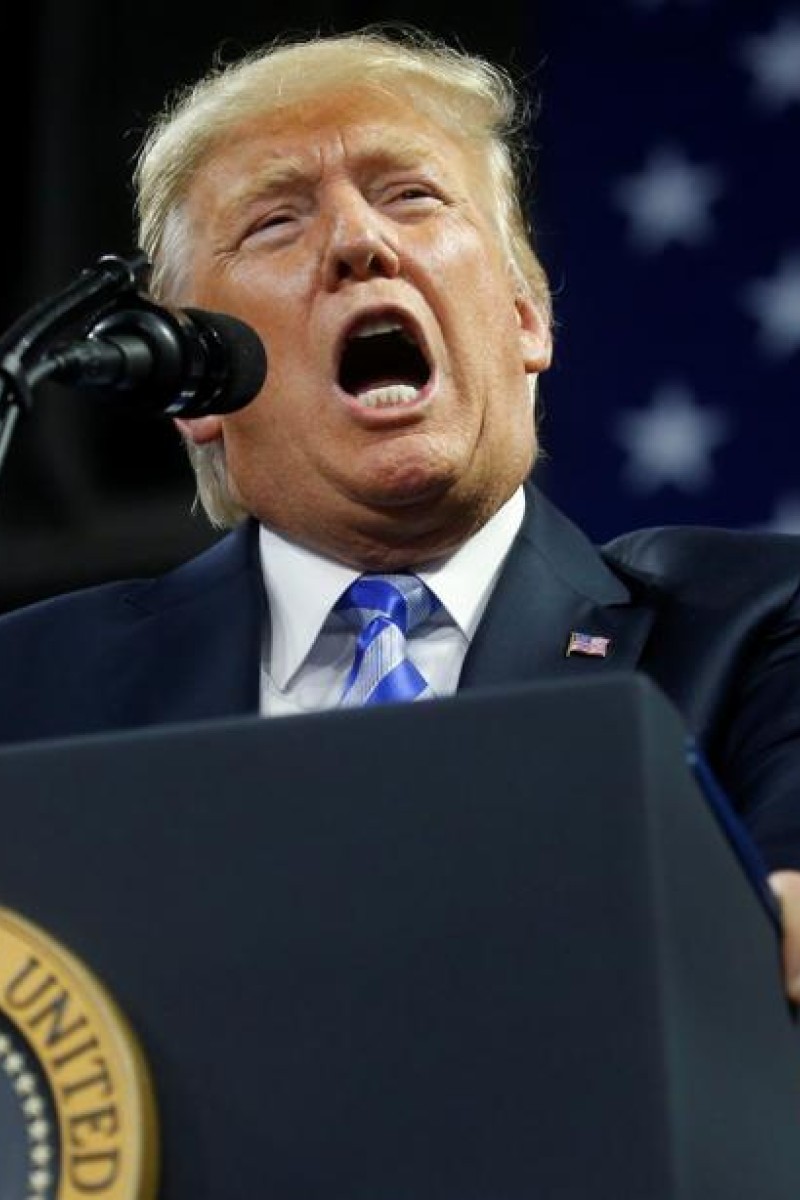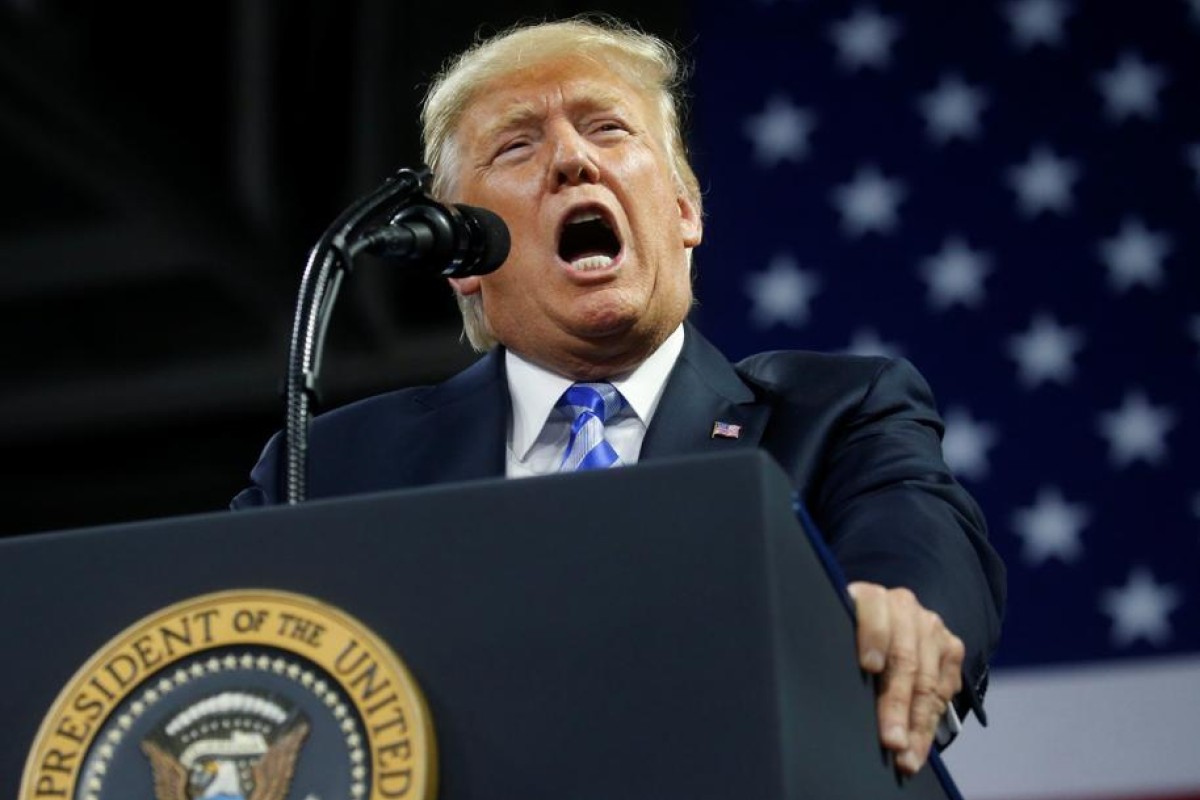
11 political terms to help you understand elections, government, and leaders like Trump
We know politicians are good at talking the talk (some of them), so we’ve made a handy guide to help you understand some of the most common political terms
 Donald Trump is #blessed with the gift of the gab. These are some of the terms he uses.
Donald Trump is #blessed with the gift of the gab. These are some of the terms he uses. Pork-barrel spending
Elected officials usually represent a certain geographic area, and the ruling party’s officials have the power to vote where government money goes. The term “pork-barrel spending” refers to these officials redirecting funding to their local districts to win the votes of the people who live there. The expression is a negative one.
Filibuster
Before a piece of legislation can become law, it must be voted on by the legislative body (for example, Hong Kong’s Legco or the US Congress). A filibuster is a tactic used by an elected official or party to delay or prevent a law being passed; this usually takes the form of a long speech so that the chamber must wait until the speaker has finished, or adjourn and delay the vote.
Partisan
Describes behaviour or legislation that some might see as biased towards a particular cause, especially when views on that issue are split between party lines. In essence, it means being motivated only by concern for one’s own political party, although their arguments on the matter may not be reasonable.
20 useful food idioms to spice up your writing
Bellwether
Because elections can be unpredictable, people who follow politics will look to a “bellwether” – the actions or behaviour of someone or something that shows how a situation will develop or change. For example, the American state of Nevada is said to be the “bellwether” for American presidential elections; the result there has accurately predicted all but two presidents since 1912.
Gaffe
A blunder, especially the sort made by politicians, usually unintentionally, which cause them great embarrassment. For example, former British prime minister Gordon Brown was heard calling a woman in Britain a bigot – a person who is intolerant towards those holding different opinions. He had not realised that he was still wearing a microphone on his jacket.
Constituency
This fancy sounding word really means something quite simple – it refers to a group of voters who represent a geographic area, a specific group, or a profession. For example, the Legislative Council has specific geographic constituencies such as “New Territories East”, and functional constituencies that represent certain groups or professions in the council, such as medicine.
20 money idioms you need to make your writing worth its weight in gold
Gerrymandering
The act of redrawing the boundaries of where one constituency ends and another begins, to give one political party an advantage over another. For example, if one area heavily supports candidate A, and another area supports candidate B, these two areas might be split in a way that the new constituencies both contain more candidate A supporters. This would mean that candidate B would not have a stronghold in one area.
Dark horse
A candidate who unexpectedly wins an election. A good example would be Donald Trump, who defeated Hillary Clinton in the US election. Trump had never held a political position before running for the presidency.
Incumbent
A person who holds a particular office or position; usually this person is the “defending champion” in an election, competing against the challenger.
A guide to cat idioms and expressions, and how to use them
Landslide
When a politician or a political party wins an election with a huge number of votes more than other parties, we call it a “landslide”.
Veto
Meaning “I forbid” in Latin, veto means to refuse to allow something to be done, even if most legislators or political parties involved approve of it. In some countries, the president or prime minister can use their “veto” power to reject a law already passed by parliament.
